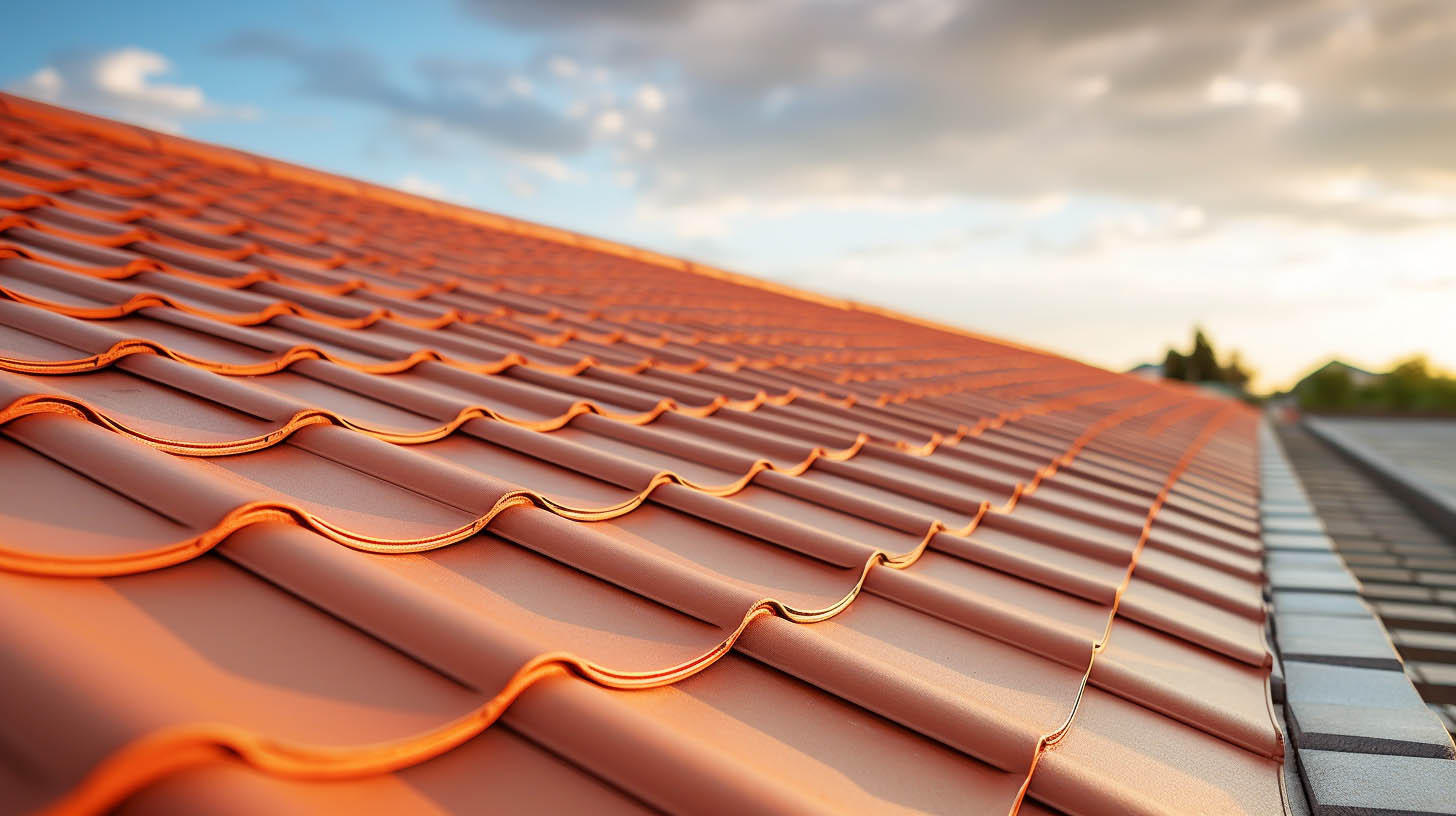
Understanding the Impact of Roofing Material Weight
When it comes to selecting roofing materials for your property, understanding the weight of these materials is crucial. The weight of roofing materials not only affects the structural integrity of your building but also plays a significant role in its overall safety and efficiency. In this comprehensive guide, we will delve into why the weight of roofing materials is a key factor in roofing projects, especially in Huntsville, AL.
Structural Load and Building Safety
The structural load of a building is a critical aspect to consider when choosing roofing materials. This load, measured in pounds per square foot (PSF), includes various factors such as the weight of the roof itself, any permanent equipment on the roof, and external elements like snow, wind, and rain. For instance, heavier materials like clay, slate, and concrete tiles can exert a significant load on the structure. It’s essential to consult with roofing contractors in Huntsville, AL, to ensure that your building can support the weight of the chosen material without compromising safety.
Considerations for Older Structures
In older buildings, the choice of lightweight roofing materials is imperative. Over time, the structural lumber and foundation of aging buildings may weaken. Opting for lighter materials helps maintain the integrity and longevity of these structures. Advanced Roofing & Construction, LLC, a leading roofing company in Huntsville, AL, recommends materials like asphalt shingles or metal roofing for older buildings to ensure safety and durability.
Weather Resilience: Wind and Earthquake Zones
For areas prone to high winds or seismic activities, the weight of roofing materials becomes even more critical. Light to moderately heavy materials, such as metal roofing or shingles, are ideal in windy regions. They provide enough stability without becoming a hazard during strong winds. In contrast, in earthquake-prone areas, lightweight materials are advisable to minimize damage. After significant seismic events, buildings with heavier roofing have shown more damage compared to those with lighter materials.
Fire Safety Considerations
In regions susceptible to fires, the roofing material’s weight can influence the building’s response to fire. Lighter materials tend to prevent the roof from caving in quickly, allowing firefighters more time to control the blaze. Conversely, heavier roofs pose a greater risk of collapse, making firefighting efforts more challenging and dangerous.
Insulation and Energy Efficiency
The weight of roofing materials also impacts their insulation properties. Heavier materials like clay, slate, and concrete have a higher thermal mass, providing better insulation. This natural insulation keeps your home cooler in summer and warmer in winter, leading to significant energy savings. Advanced Roofing & Construction, LLC, can guide you in selecting materials that balance weight with energy efficiency, ensuring a comfortable and cost-effective living environment.
Professional Guidance for Optimal Selection
Every roofing material has unique characteristics and implications for your property. It’s essential to consult with a professional roofer in Huntsville, AL, to determine the best material for your specific needs. Factors like building age, location, weather patterns, and energy efficiency requirements all play a role in this decision.
In conclusion, the weight of roofing materials is a multifaceted consideration that impacts the safety, efficiency, and longevity of your building. By understanding these factors and seeking expert advice from a reputable roofing contractor like Advanced Roofing & Construction, LLC, you can ensure that your roofing choice not only enhances the aesthetic appeal of your property but also contributes to its overall structural integrity and performance.



